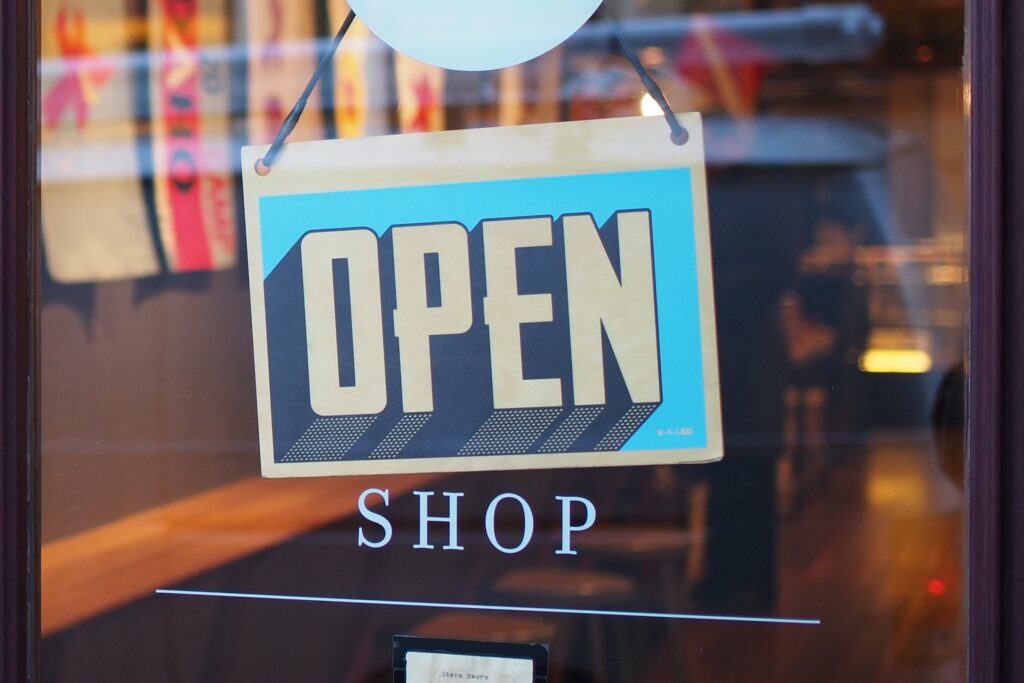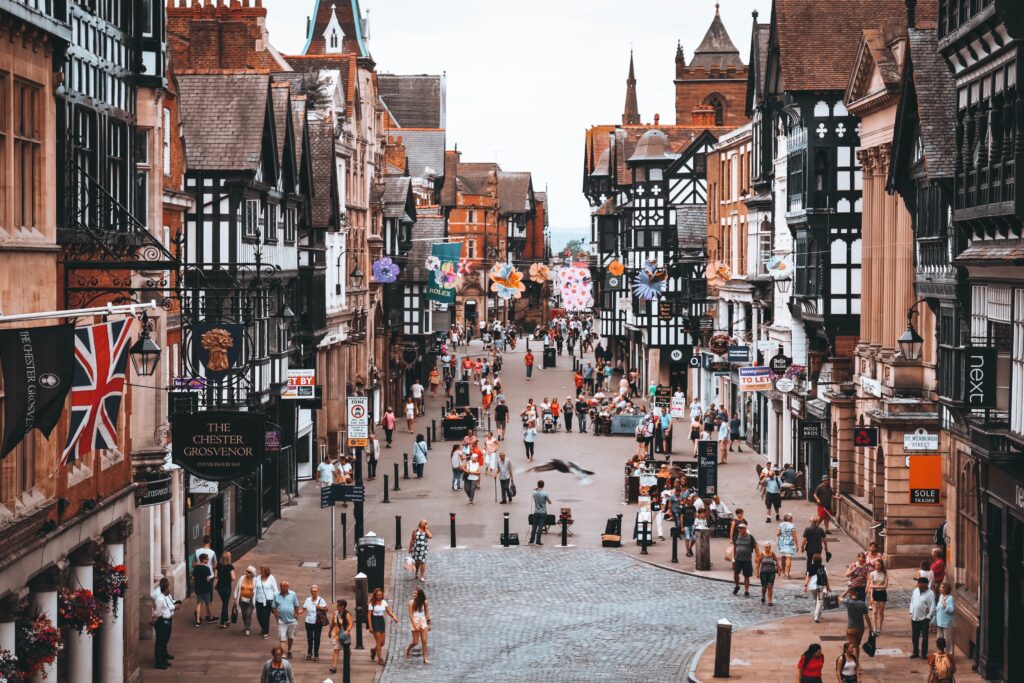If you are looking to purchase property to set up your own shop, its location, size and cost are the main features to consider when ensuring that the property is right for you.
As this purchase is such a significant investment, buyers want to make sure that they can procure property for as cheap as possible.
In this article, we discuss different options that are available to you when it comes to purchasing your property to set up your retail shop.

Acquiring the property
For your first retail venture, you will want a low-budget property that can still accommodate to your needs. This will require space for storage, stacked shelves and a customer till.
One of the most popular retail options in the UK is corner shops, which are often converted from properties that were previously occupied as homes.
Purchasing a residential property and converting it into a commercial property – via appropriate planning permission – is a cheap and viable option for first-time retailers.
When looking for cheap properties, keep an eye out for opportunities where you might be able to purchase a probate house for sale. These properties are often made available to the market at a below-market average price.
Therefore, acquiring a property of this nature and then converting the space into your shop is a great option for setting up your first retail store, enabling a low-cost initial property investment.
The legal side
As discussed, purchasing a property of this kind with the intention to convert the space into one that is used commercially will require planning permission. Applying for this permission will incur additional fees that you should consider when weighing up your options financially.
However, while an application of this kind may cost several hundred pounds, the money saved on the acquisition of a probate property could be significantly more than this, working out to be net positive.

Buying existing stores for sale
Instead of purchasing properties that require conversion, an alternative choice is to take over existing store spaces.
This, of course, has its pros and cons when compared to buying currently residual properties.
For one, you must wait until storeowners list their properties on the market – and there are considerably fewer retail properties for sale than there are residential.
However, buying an existing store means a lot less work, time and investment will be needed to get your store up and running once acquired. Depending on the status of your current business, your plans for the future and your availability to convert the property, either of these options may work more suitably for you.
Final thoughts
Setting up your first physical store is a big step and one that should not be taken lightly. So, when searching for properties to buy, consider whether converting a residential space is best for you, bearing in mind the potential for cost efficiency when looking at probate properties. On the other hand, the convenience of taking over an existing retail space may be preferable.
Be sure to fully research the different options available to you and also the additional legal requirements for both property types.






